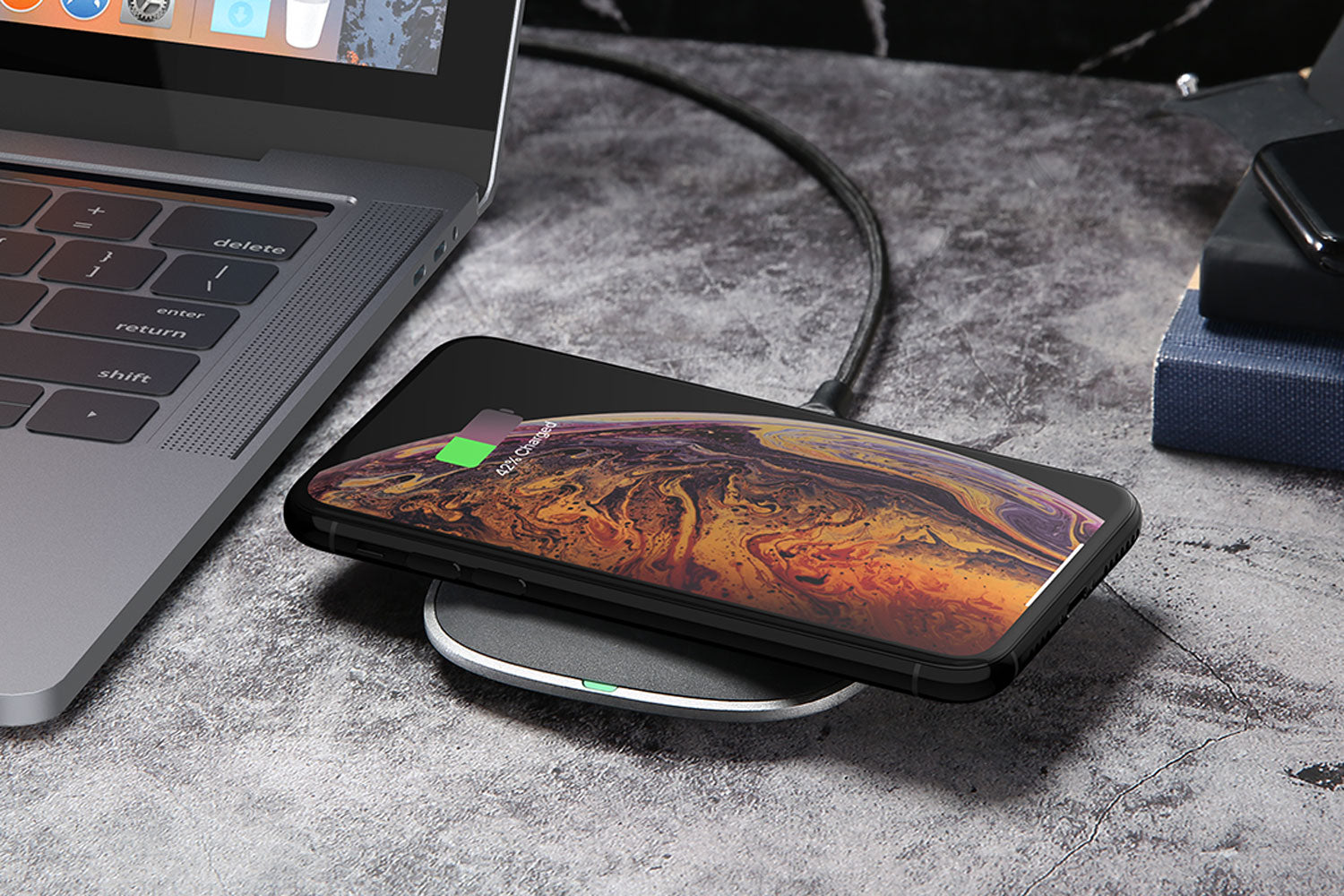Laptop computers are getting smaller, thinner, and lighter, and at the same time, we are asking them to do more and more for us. Remember not that long ago when your laptop had a DVD drive? Most laptops today are half the thickness that laptops were just a few years ago, but the tradeoff is that they have fewer built-in features that we need for dynamic working.
Never fear – there are two very useful pieces of computing equipment that have stepped in to help out. These two items – docking stations and USB-C hubs – allow laptop users to connect a huge variety of external tools to the computer without having to have all of those additional ports and outlets. Instead of toggling between different USB outlets on the side of your laptop when you want to hook up a printer, thumb drive, external hard drive, or some other useful gadget, instead, you can buy a single machine that lets you hook up almost as many external computer devices as you want.
This blog looks at docking stations and USB-C hubs and explores the differences, similarities, and benefits of three two devices.
What Is a Docking Station?
A docking station is an all-in-one type device that allows you to turn your small laptop computer into a powerful computing workstation. Docking stations bridge the gap between taking advantage of the portability of a laptop computer and the power of a stationary computer.
What docking station you use depends on what laptop computer you have, as each is designed specifically to take advantage of the laptop’s size and functions.
Docking stations come in many types based on what features you are looking for. Some of the most basic docking stations provide a power supply and ports to connect other devices to your laptop. More advanced docking stations may allow you to also hook up additional monitors, keyboards, and computer speakers while also having additional USB ports that allow you to connect to printers, external hard drives, microphones, and other audio tools.
What Is a USB-C Hub?
A USB-C hub is a helpful device that expands a single USB port on your laptop into a powerful tool that can connect multiple devices to the host laptop system. USB-C hubs are similar to docking stations but are generally not tied to any one computer – as long as you have the right USB-C port on your laptop, almost any USB-C hub should work for you.

What Are the Main Differences?
While there are a lot of similarities between a USB-C docking station and a USB-C hub, there are also many differences. Anyone in the market for one of these digital tools should understand the difference.
Data Transfer Speeds
Data transfer speeds refer to how fast data are exchanged between one place and another in a given time.
For USB-C Hubs
USB-C hubs usually have a data transfer speed of 5-10 Gbps. This is sufficiently fast for many normal computing operations. For example, with a data transfer speed of 10 Gbps, you can transfer a 20GB file in about 20 seconds.
For Docking Stations
Docking states that are equipped with the latest in technology may be able to reach a maximum file transfer speed of 40 Gbps. This is the latest and greatest in data transfer speeds and will allow a user to transfer large amounts of data very quickly.
Portability
Portability is key for many remote and on-the-go workers today, who need to be able to pack their laptop computer workstations in just a few minutes. As you will see, there are notable differences in portability between the two devices.
Small USB-C Hubs
USB-C hubs vary in size depending on how many ports they will have. However, speaking in general, USB-C hubs are fairly small – often not much larger than your fist, and can easily be tossed into a bag or even shoved in your pocket.
Large Docking Stations
Docking stations are much larger than USB-C hubs. While these will depend on which one you choose, in general, they are heavier and larger than USB-C hubs and are not practical to carry around with you. Usually, a docking station will stay at your desk.
Screen Output Power
If you are using your laptop to power a home or office workstation, you likely want the ability to hook up a much larger monitor to your computer so you can get more done and put less strain on your eyes. For some people, one additional screen may not be enough. Which device is best for multiple screen support?
Dual Screen Support
Properly equipped USB-C hubs will allow you to mirror or expand your display to two monitors at the same time in addition to the use of the laptop’s screen. Depending on the size of your screens, you may be able to add a significant amount of additional screen support to your laptop’s operations with the use of a USB-C hub.
3 Screen or More Support
Many docking stations can handle one, two, or even three screens at the same time, all depending on how many HDMI ports for screen hookups they have. Further, docking stations tend to support a higher resolution on the screens they do have hookups for.
Best USB-C Hubs Recommended by AUKEY
Are you looking for the best USB-C hub? AUKEY has USB-C 3.0 hubs, including 8-in-1 hubs capable of powering your home office or on-the-go workstation. To learn more about the best USB-C hubs, visit AUKEY today.





